Business training is essential for developing a skilled and productive workforce. However,
Continue reading
Dubai – UAE

Business training is essential for developing a skilled and productive workforce. However, one-size-fits-all training approaches rarely work effectively, as different
Continue reading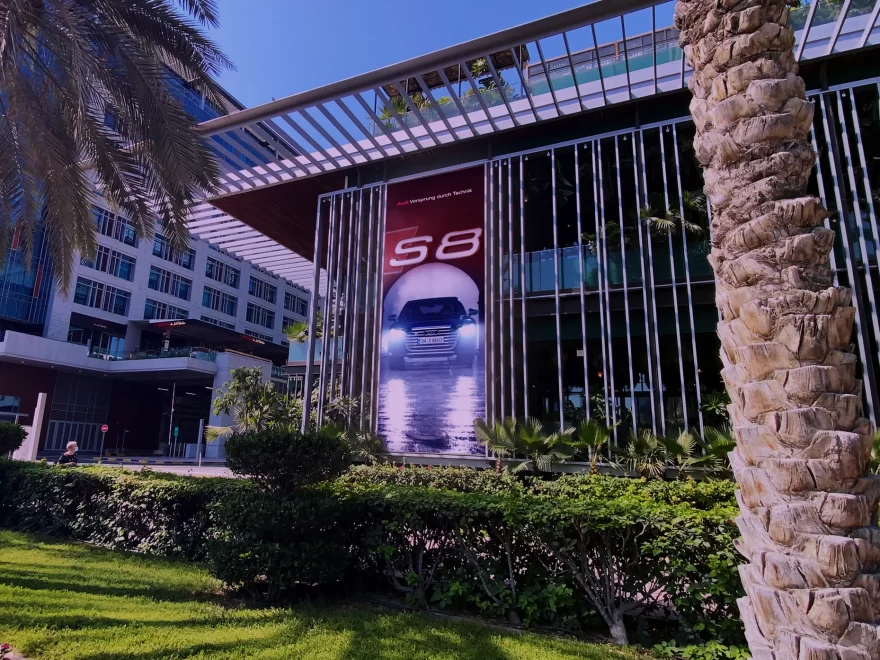
In order to have a successful billboard advertising campaign, it is crucial to choose the right location for your billboards.
Continue reading
Operating a forklift requires specialized skills and knowledge to ensure safety and efficiency in industrial settings. Proper forklift operator training
Continue reading
When envisioning luxurious interiors, color schemes play a key role in setting the tone and ambiance of a space. A
Continue reading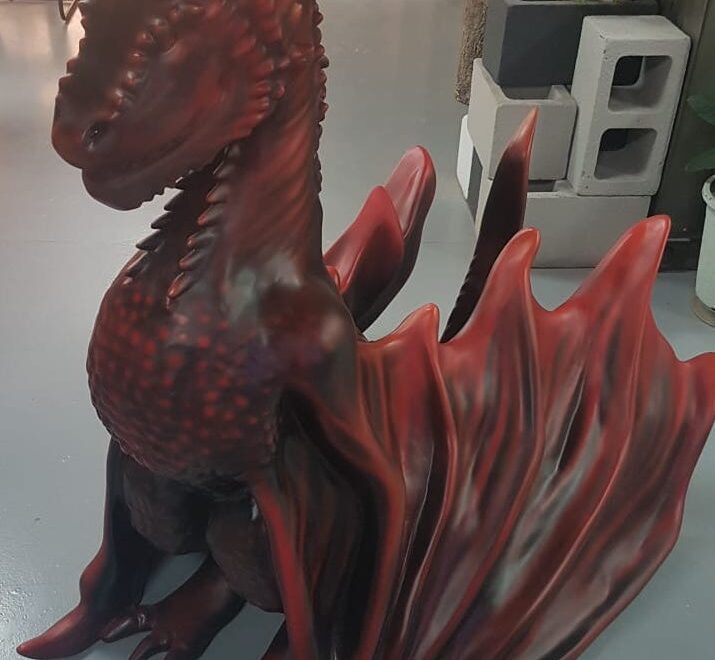
Outsourcing 3D printing services offers numerous benefits to businesses, startups, inventors, engineers, and designers alike. Streamlining production processes, exposing novel
Continue reading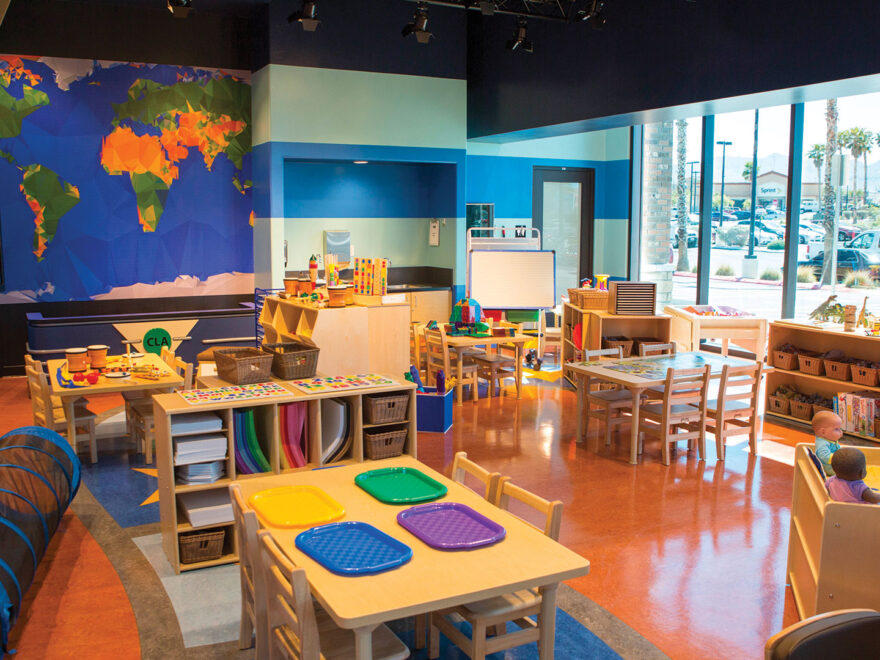
Play is a fundamental aspect of early childhood education, serving as a cornerstone of learning and development in nursery schools
Continue reading
As global mobility becomes increasingly prevalent, individuals and families seek opportunities to secure residency or citizenship in countries offering economic
Continue reading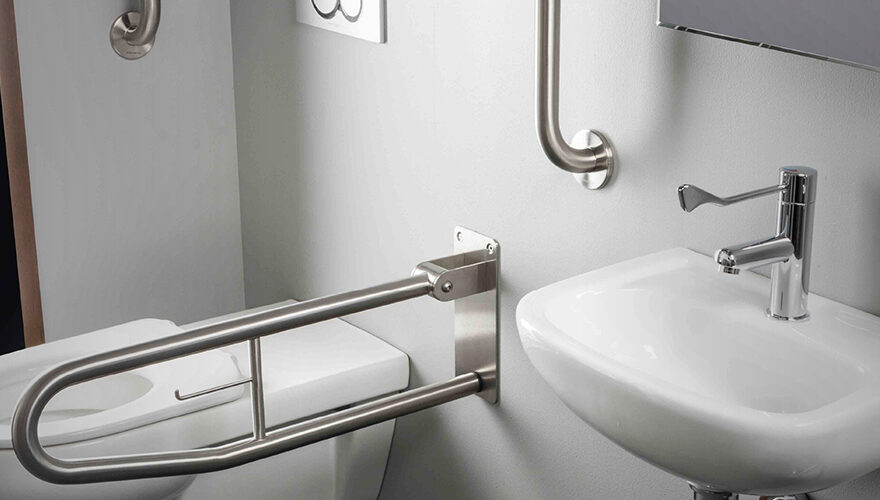
Bathroom accessories are essential elements that add functionality and also contribute to the overall aesthetics and ambiance of the space.
Continue reading
Arriving at a vacation rental can be an exciting yet anxious moment, as guests hope for a smooth transition into
Continue reading
Creating a DIY juice bar at home is a fantastic way to enjoy fresh and delicious juices whenever you crave
Continue reading
For individuals or institutions looking to venture into forex trading, hiring a reputable forex company Dubai can provide valuable expertise,
Continue reading
Construction project management is a multifaceted discipline that requires careful planning, coordination, and execution to ensure the successful completion of
Continue reading
Property investment presents an array of opportunities for investors to build wealth and secure financial stability. However, achieving maximum returns
Continue reading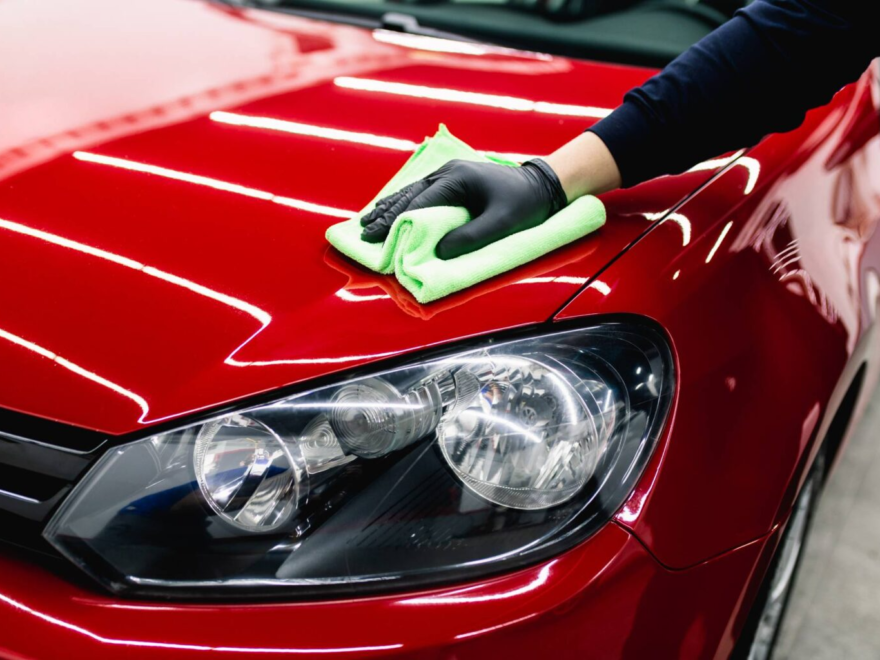
A shiny, glossy car is a pleasure to drive and also leaves a lasting impression on others. While it may
Continue reading
Buying supplements can be confusing and overwhelming, especially if you’re unsure where to start. There are countless brands and types
Continue reading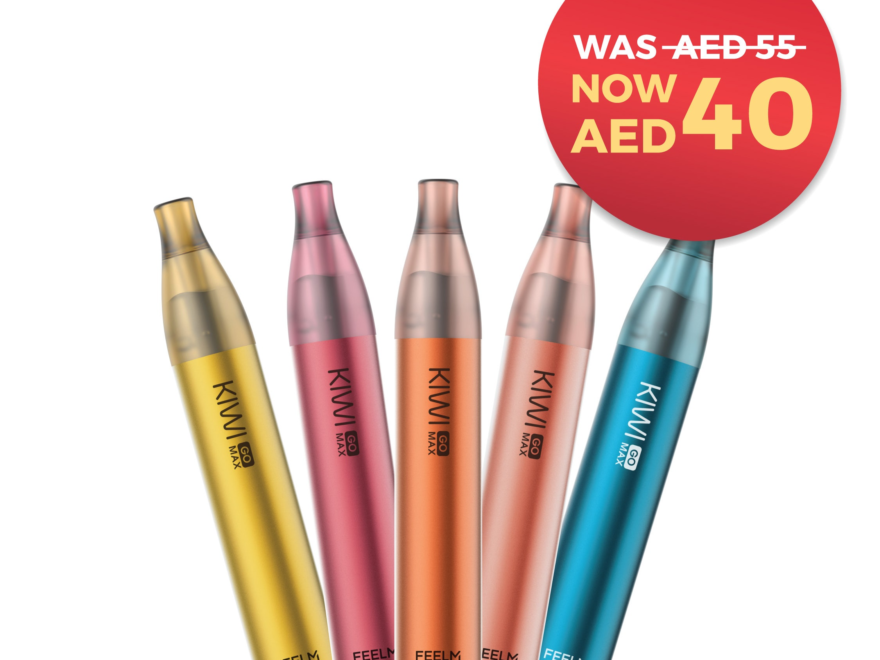
Vaping isn’t just about choosing the right device or e-liquid flavor—it’s also about personalization and customization. Accessories play a crucial
Continue reading
Asset management tools and software play a crucial role in helping businesses and organizations effectively track, monitor, and optimize their
Continue reading
Event planning is a multifaceted profession that demands impeccable time management skills. From coordinating logistics to liaising with vendors and
Continue reading
Usually aluminium fabrication requires a lot of tools and equipment for the process to be carried out successfully. Some of
Continue reading
Many people find stretching daunting or confusing, leading to inconsistency or avoidance altogether. By understanding essential stretching techniques and incorporating
Continue reading